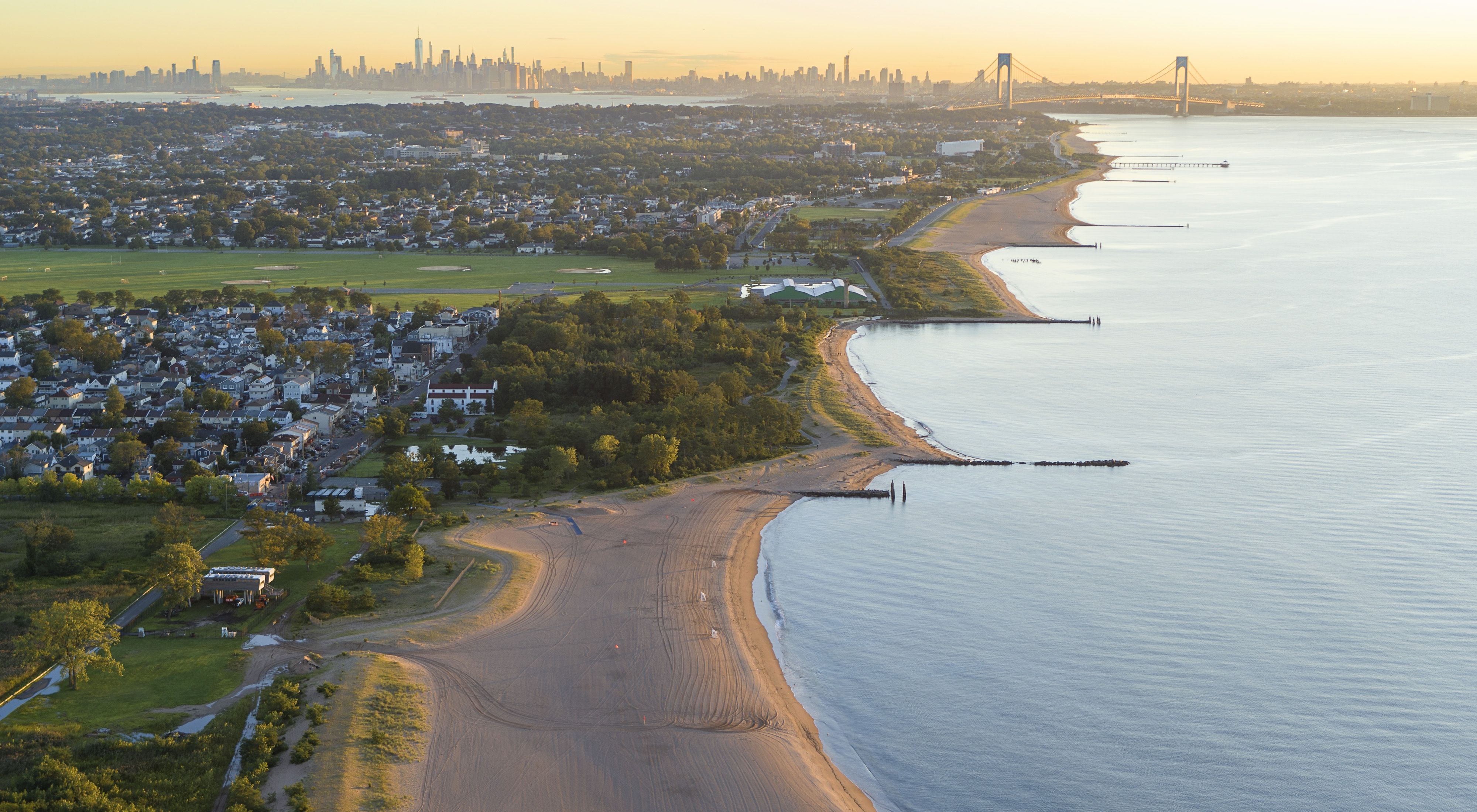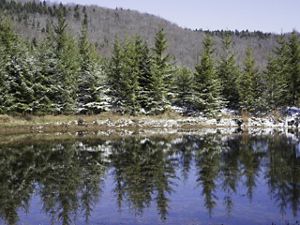U.S. House Clears Bipartisan Water Infrastructure, Coastal Resilience Bills
Major investments in nature headed to the Senate for approval
Media Contacts
-
Eric Bontrager
The Nature Conservancy
Phone: 703-887-0559
Email: eric.bontrager@tnc.org
The U.S. House of Representatives today approved a large, bipartisan water infrastructure package as well as several proposals aimed at strengthening coastal resilience across the country.
The Water Resources Development Act is typically biennial, bipartisan legislation that invests in water infrastructure projects across the country. Like past packages in recent years, this version emphasizes nature-based solutions as well as commits resources to address the disproportionate impacts water resources management challenges have on disadvantaged communities.
It will help inland and coastal communities be more resilient to the effects of floods, droughts, and climate change. It will allow the U.S. Army Corps of Engineers (“Corps”) to create and maintain higher standards for projects aimed at reducing damage from hurricanes and storms. It will also allow the Corps to study the impacts of the historic drought conditions in the West to improve water management and supply while preparing for aridification and climate change.
Quote: Kameran Onley
The package advanced today builds on the incredible progress Congress has made in recent years on climate, conservation, and resilience.
The House and Senate passed their respective bill versions earlier this year with broad, bipartisan support. The House cleared the compromise version today as part of a broader defense authorization package.
Also included in that package were two bills addressing coastal resilience. The bipartisan Restoring Resilient Reefs Act will update the existing law to enhance the country’s ability to conserve and restore coral reefs, respond to disasters, reduce damage to communities from storms, and authorize the necessary resources for effective, timely conservation. The bipartisan Regional Ocean Partnership Act will support the voluntary partnerships of states, territories, Tribes, federal agencies, and stakeholders to address regional ocean and coastal issues of common interest, such as coastal resilience and offshore development.
The following is a statement by Kameran Onley, Director of North American Policy and Government Relations at The Nature Conservancy:
“With so much on Congress’s to-do list before the end of the year, dedicating time to pass these bills is a testament to the power of nature in the fight against climate change and its potential to create a more resilient future for the country. The Water Resources Development Act of 2022 will build on its predecessors’ progress in driving nature-based solutions to address our water infrastructure needs, enabling investments that will strengthen communities, create jobs, and support healthy, sustainable waterways. Likewise, the two coastal bills will support the strategies we need to enhance the resilience of our shorelines and ocean, targeting investments where they are needed most.
“The package advanced today builds on the incredible progress Congress has made in recent years on climate, conservation, and resilience. We commend lawmakers for prioritizing and advancing these bipartisan solutions and look forward to the Senate sending this package to the president’s desk. As they look to the new year, lawmakers should remember the enormous potential for advancing solutions that benefit people and nature, and to make them a reality in the new Congress.”
The Nature Conservancy is a global conservation organization dedicated to conserving the lands and waters on which all life depends. Guided by science, we create innovative, on-the-ground solutions to our world’s toughest challenges so that nature and people can thrive together. We are tackling climate change, conserving lands, waters and oceans at an unprecedented scale, providing food and water sustainably and helping make cities more sustainable. The Nature Conservancy is working to make a lasting difference around the world in 77 countries and territories (41 by direct conservation impact and 36 through partners) through a collaborative approach that engages local communities, governments, the private sector, and other partners. To learn more, visit nature.org or follow @nature_press on X.


